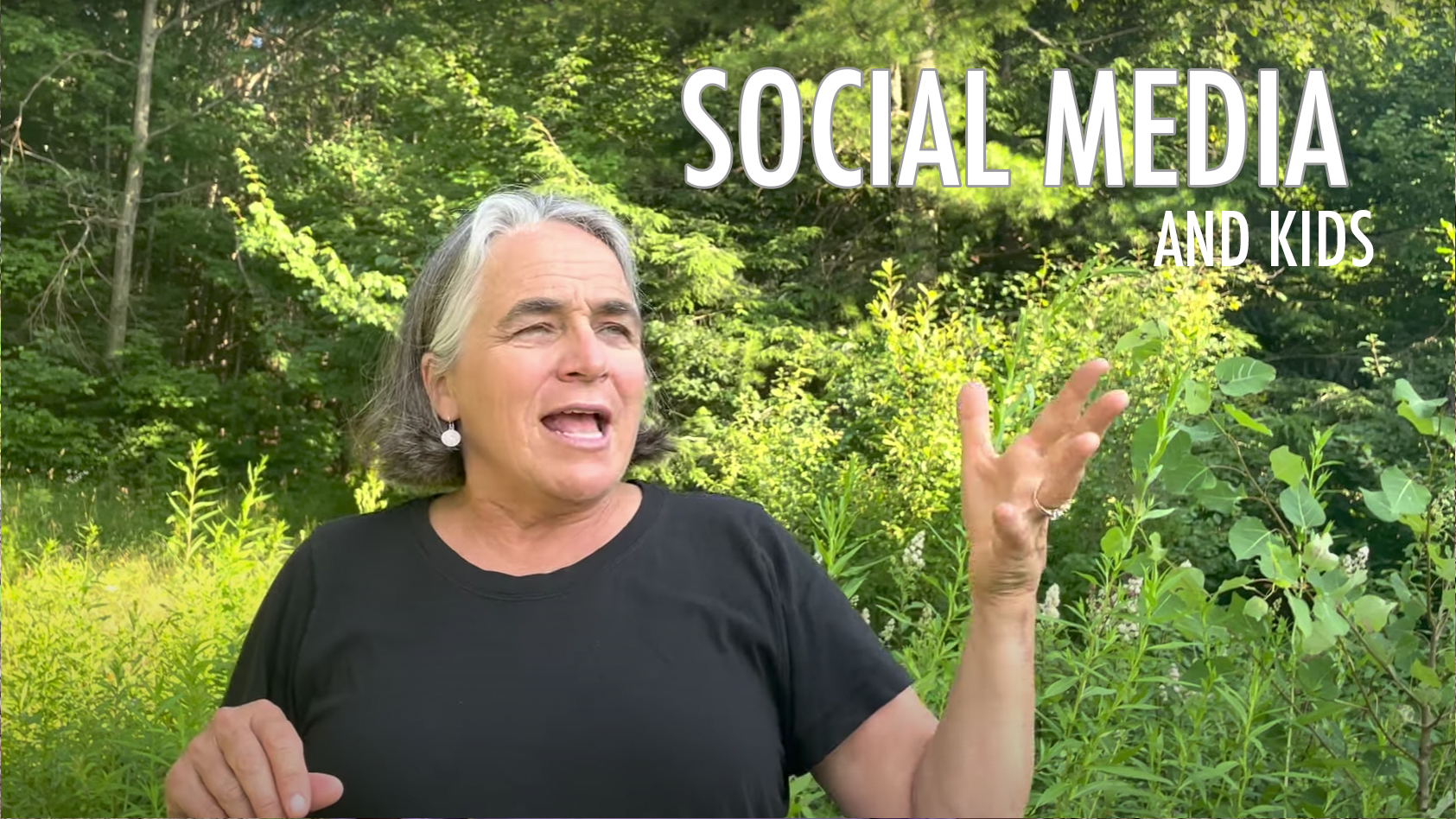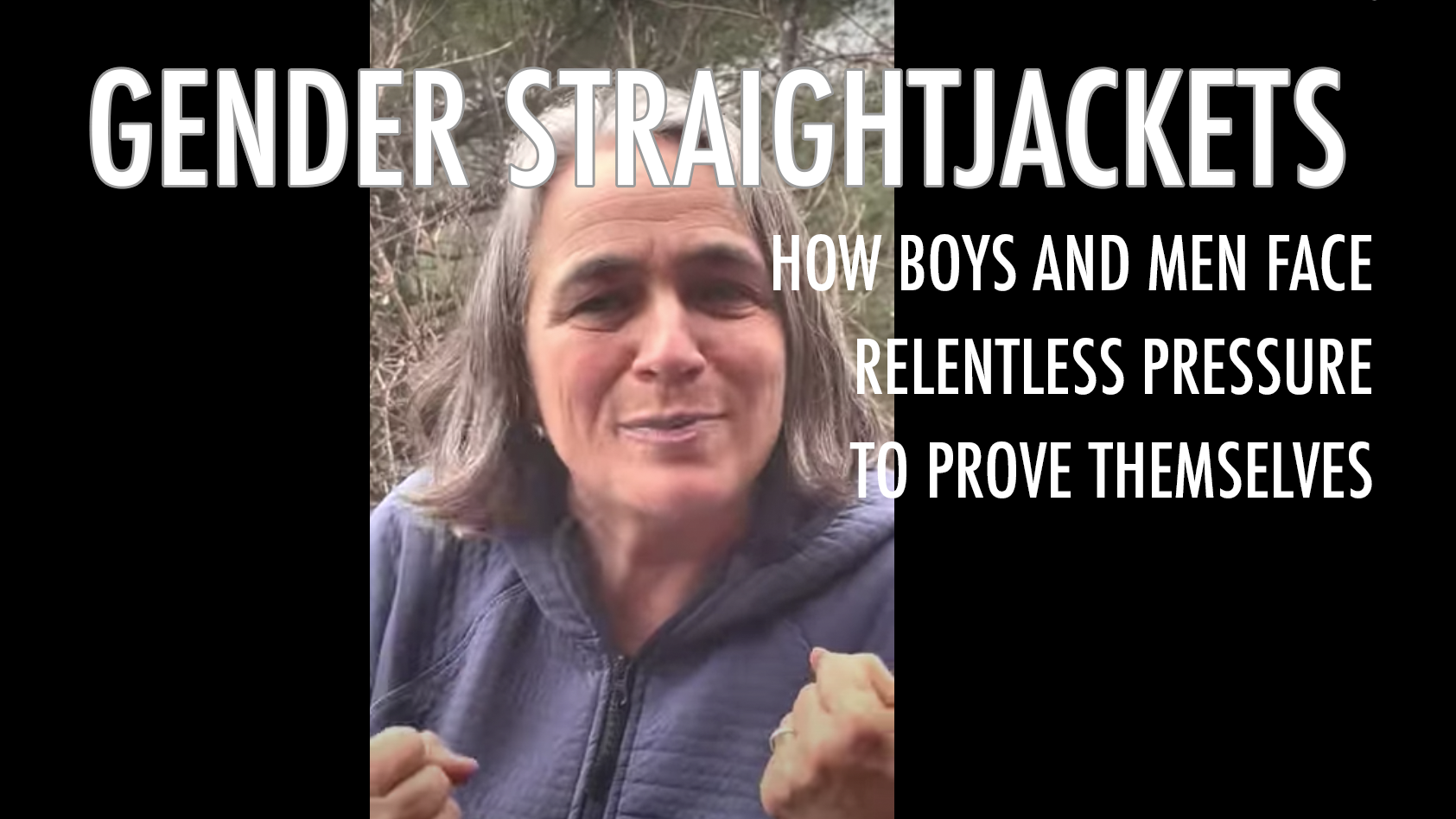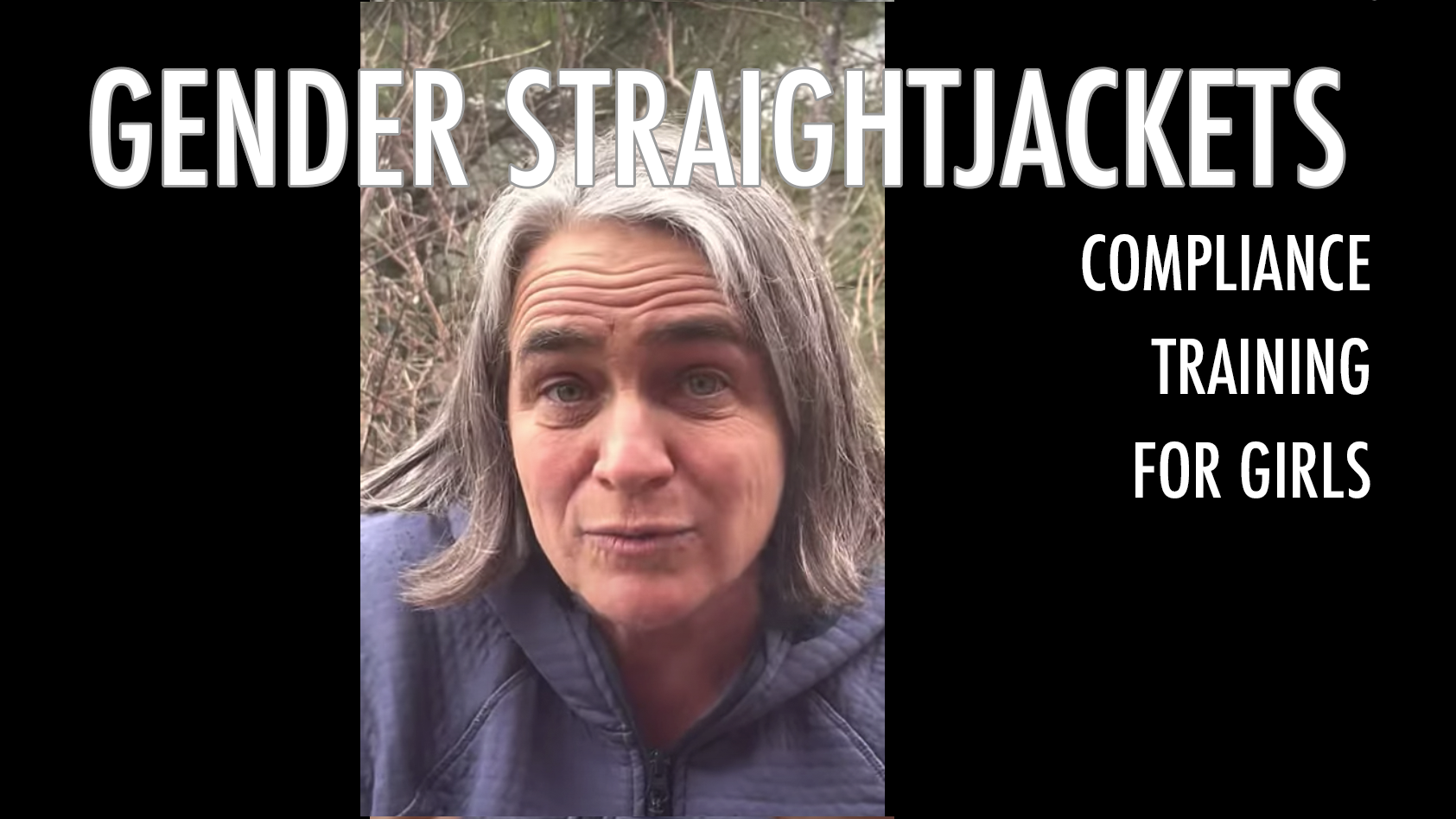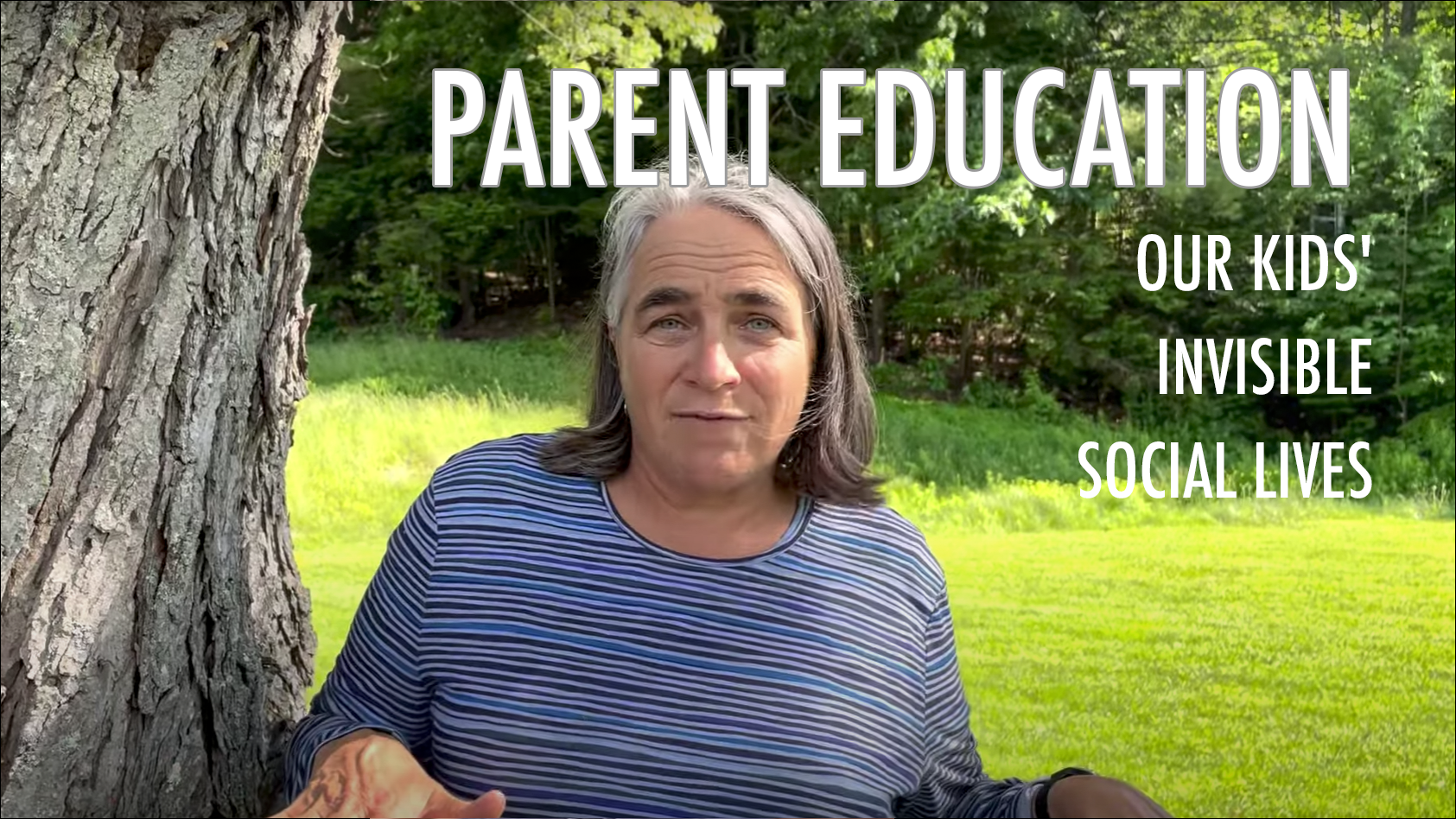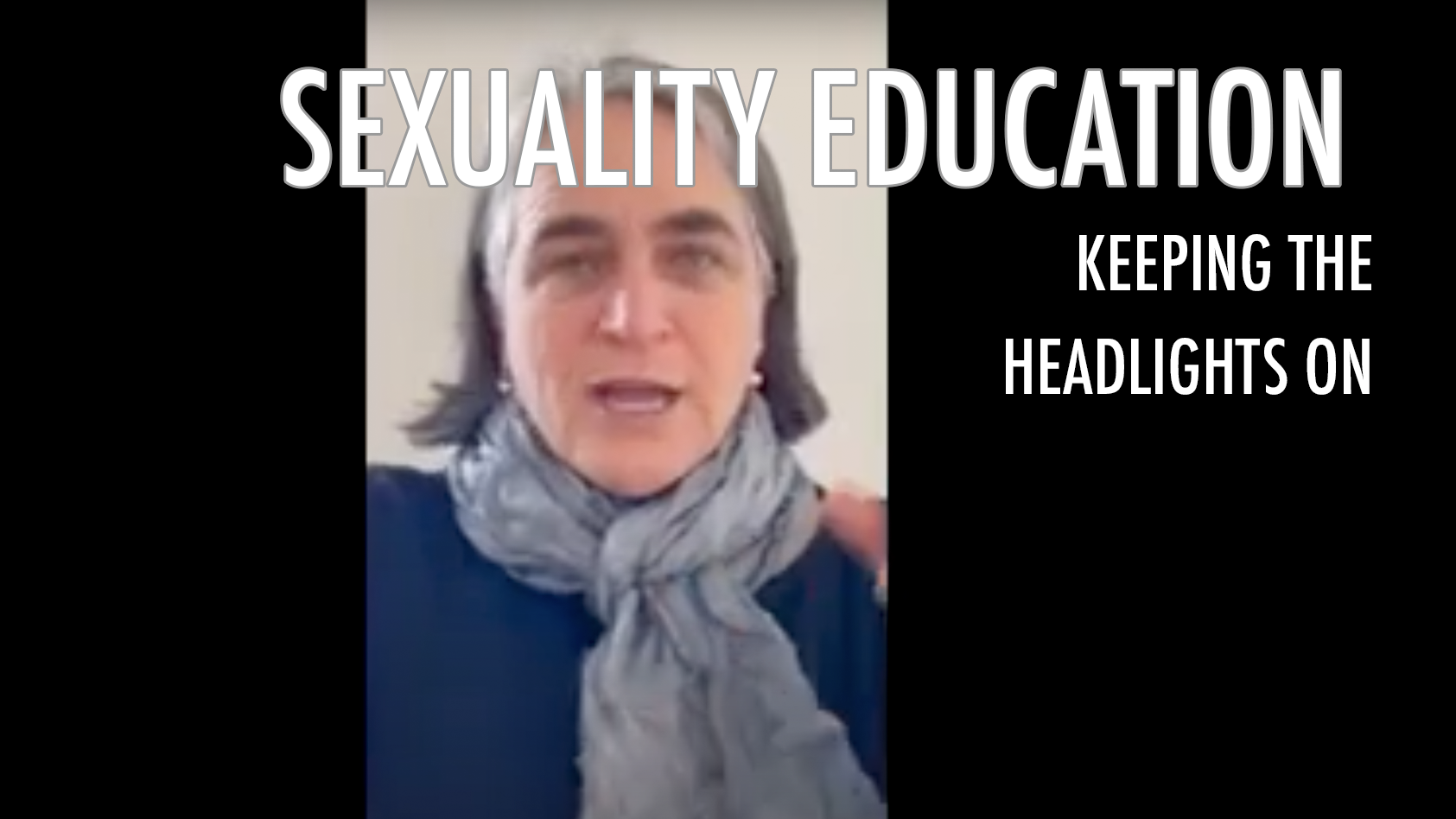Speaking at Middle Schools
“Cindy really struck the kids with the notion of social courage and what that means. She filled up their ‘real deal’ knowledge bank and armed them with the information that is necessary to put them in the driver seat and buckle their seatbelt.” – Brooke Muggia, Director of ProjectME
Topics
Social Courage – Most young people hope or assume that they will eventually be confident enough to speak their mind in person and online. In reality, it takes practice to feel comfortable speaking up, contradicting peers, asserting personal boundaries or calling others out for being disrespectful, whether that is littering, or bullying, or something worse.
» show more
Social courage grows every time a person holds true to their values and speaks up. Cindy understands, and communicates to students with humor, that asserting one’s boundaries or a contradictory opinion is almost always awkward in the moment, and in this age group it is often followed by unpleasant social consequences. With experience and practice, however, students will feel confidence and freedom to be one’s authentic self.
» show less
Social Media and Friendship – Cindy blends research and storytelling to help students recognize how important it is to cultivate friendships offline. It is easy for middle school students to feel more courage speaking their mind through a device, yet at that age they sometimes lack the forethought and empathy to be considerate of how their comments and posts affect others.
» show more
Social media and texting enable avoidance of potential shame, rejection and awkwardness, therefore delaying the development of social ease and healthy personal relationships. The efficiency of social media and texting facilitate communication in many positive ways, but it can also contribute to feelings of inadequacy and social angst. Ideally, we hope to inspire teens to self-regulate their times on devices.
» show less
Healthy Crew – Cindy encourages teens to cultivate at least one or two close friendships and identify anchoring adults who are sources of support, guidance and safety. Within a group of friends or teammates, it is worth recognizing which individual(s) allows you to speak most freely, be your true self and feel less judged for expressing your full range of emotions.
» show more
Cindy understands and explains with examples and humor that because friendships and relationships tend to shift in middle school, phases of loneliness and isolation may occur. Cultivating relationships with anchoring adults and/or family members can help kids find their way through challenging times in the realm of peer friendships.
» show less
Healthy Relationships and The Reality of Rampant Pornography – The broad range of physical and emotional development in middle school contributes to a wide range of interest in relationships with a partner. Friendships are a pretty solid indicator of how future relationships will unfold; kids who reflect on the balance and healthiness of their friendships can get a sense of how they might be in a relationship with a future partner.
» show more
Kids who are not ready or interested in having a partner often feel overwhelmed by frequent conversations about hooking up and dating. Pornography is rampant, and adults generally do not want to discuss it or acknowledge it. Cindy, using age-appropriate language, helps students understand the reality and pervasiveness of porn, and where they should go for real answers, because informed kids are more likely to make healthier choices and feel more supported to follow their own timeline.
» show less
Preparing for High School – This talk is designed to inform 8th graders about what they can expect in high school, to increase the likelihood of a smooth, safe transition. With awareness of the common pressures and stressors, ninth graders tend to have an easier time navigating the social and academic aspects of high school life.
» show more
Common challenges include academic pressure, mental health issues, social status and feelings of isolation. Over the years older kids have shared with me real-life stories and information which helps put kids at ease and contributes to self-acceptance and success.
» show less
Decision Making – It has become overwhelming for people of all ages to make a decision about what to buy, do or explore online and off. Decision fatigue is particularly exhausting for young people who are still developing emotionally, physically and intellectually.
» show more
Kids enter their teens with access to devices that expose them to carefully targeted marketing and constant reminders that they are not enough – not cool enough, pretty enough, rich enough, social enough, thin enough, etc. Even with full awareness of how people post photos of their best selves, taken from the most flattering angles and in the most flattering light with filters to further augment appearance, the onslaught of such images contributes to a decrease in confidence for kids. Anchoring adults willing to engage in conversations with younger teens can help guide them to make sense of the tidal wave of cultural messaging and marketing. With guidance, teens have a better chance of following their Inner Compass to make healthier choices about their online lives.
» show less
In the Media
Click here to listen to Cindy on The Partnership @drugfreeNH podcast “Building Strong Futures: Proactive Conversations Help Young People Navigate Social Pressures.”
Cindy is interviewed on the Laid Bare with Anonymous X podcast about “Toxic Masculinity” and how parents can help their boys survive in today’s culture:
Cindy speaks with Peter O’Dowd about the date-gone-wrong allegations against comedian Aziz Ansari on the WBUR program Here & Now:
Cindy spoke with Vermont Public Radio about her work with college students on campuses across the country:
Cindy is interviewed on Here and Now about porn, consent and communication with college freshmen:
Videos
Book
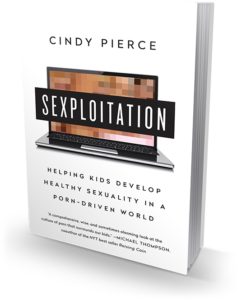
Sexploitation: Helping Kids Develop Healthy Sexuality in a Porn-Driven World
Download a free excerpt of Sexploitation: Helping Kids Develop Healthy Sexuality in a Porn-Driven World.
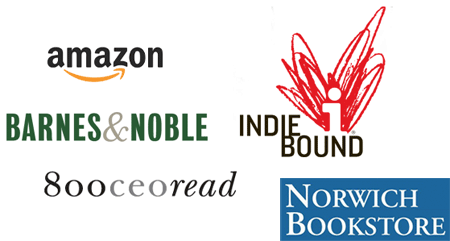
As surprising as it may be to parents, young people today are immersed in porn culture everywhere they look. Through Internet porn, gaming, social media, and advertising, kids today have a much broader view of social and sexual possibilities, which makes it difficult for them to establish appropriate expectations or to feel adequate in their own sexuality.
Even more important, no one is talking to kids directly about the problem. Parents tend to convince themselves that their children are immune to cultural influences, wait until it comes up, or hope schools and pediatricians will address the issues. Educators and doctors may be able to start the conversation but it is fundamentally a parent’s job to provide information about sex and relationships early and often to help young people find their way through their social and sexual lives. Delaying the necessary but awkward conversations with their kids leaves them vulnerable. The media, marketers, and porn and gaming industries are eager to step in anywhere parents choose to hold back.
Sexploitation exposes the truth to parents, kids, educators, and the medical profession about the seen and unseen influences affecting children, inspiring parents to take the role as the primary sexuality educator. With more information, parents will gain conviction to discuss and develop values, expectations, boundaries, and rules with their kids. Kids who enter their teens with accurate information and truths stand a better chance of developing an “inner compass” when it comes to sex and relationships, which sets them up for a healthy adulthood.
In her comic and straightforward style, Pierce brings together the latest research with anecdotal stories shared with her by high school and college students in the thick of it. Above all else, her goal is to get people to develop more comfort around those difficult conversations so that kids gain more confidence and courage about drawing boundaries based on their own values not those put upon them.

